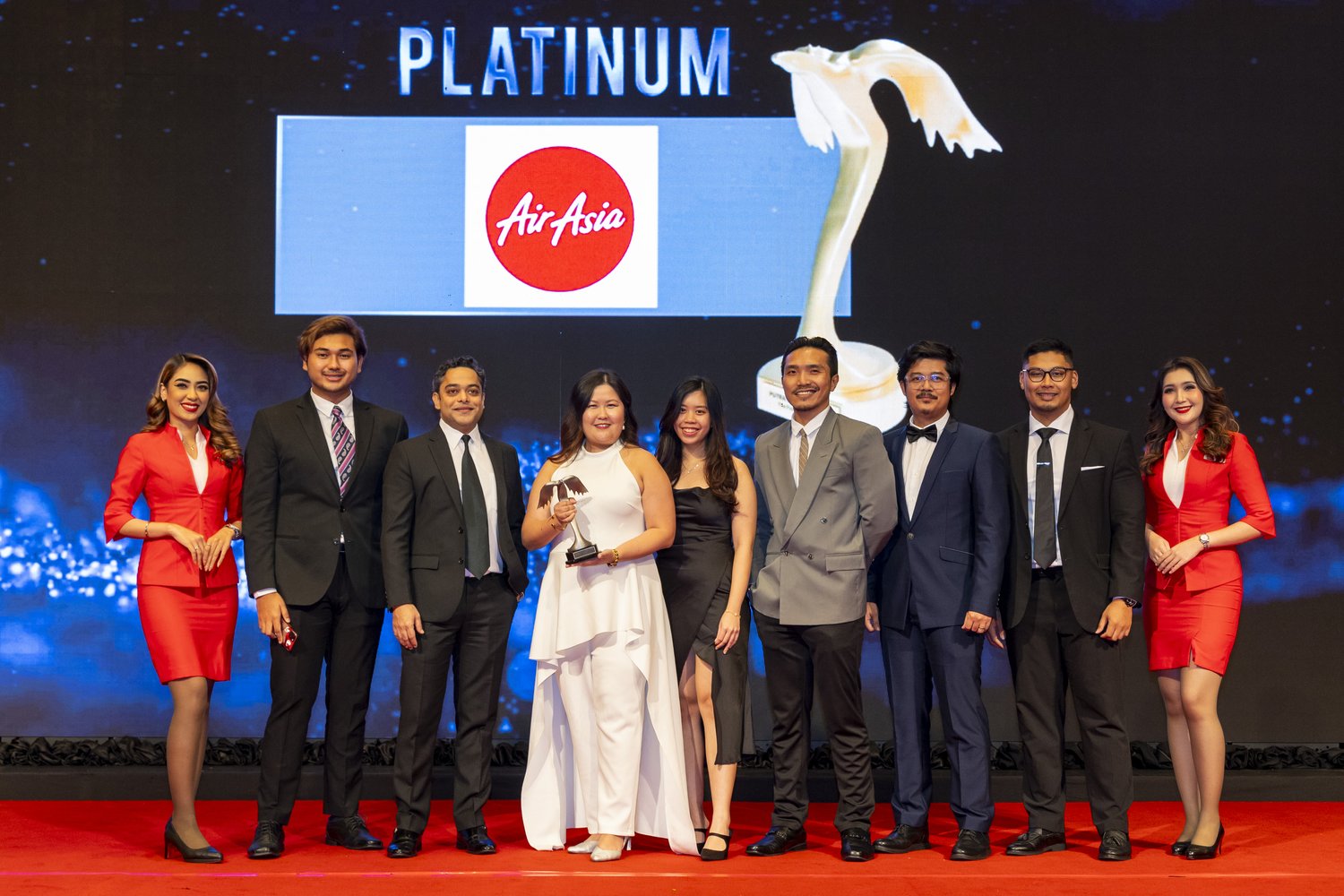Search Blog
Hit enter to search or ESC to close
Trending Now
AirAsia wins Platinum in travel category at Putra Brands Awards
- Get link
- X
- Other Apps
Touch ‘n Go Wins Super Aspiring Brand Award in the Lifestyle Category at the Shopee Super Awards 2023
- Get link
- X
- Other Apps
Home
Health
Reckitt Malaysia
Reckitt Hosts The First In ASEAN Global Respiratory Infection Partnership (GRIP) Summit In Malaysia To Reduce Healthcare Burden
Home
Health
Reckitt Malaysia
Reckitt Hosts The First In ASEAN Global Respiratory Infection Partnership (GRIP) Summit In Malaysia To Reduce Healthcare Burden
Brandon Chua
- Get link
- X
- Other Apps
Reading Time
Labels
Reckitt Malaysia, a leading global consumer health and hygiene company, recently convened the inaugural Global Respiratory Infection Partnership (GRIP) Summit to address the escalating concern of antimicrobial resistance in Southeast Asia. This significant event, the first of its kind in the ASEAN region, brought together international organisations, research institutions, healthcare authorities and healthcare professionals from across multiple countries to collaborate on reducing Antimicrobial Resistance (AMR) and promoting appropriate use of antibiotics in Upper Respiratory Tract Infections (URTI) and sore throat management.
AMR has been on the rise, posing significant challenges to healthcare systems worldwide and is recognised by the World Health Organisation (WHO) as among the top 10 global health crises. Experts around the world point out that without constant awareness of responsible antibiotic use, by 2050, antibiotic-resistant infections could cause 10 million deaths a year. Overuse, improper use, and over-prescription of antibiotics have exacerbated the issue, leading to longer and more severe illnesses, increased mortality rates, and higher healthcare costs. The situation has prompted healthcare professionals to play a pivotal role in educating patients about appropriate antibiotic use.
Established in 2012, GRIP is represented by a group of experts comprising doctors, pharmacists, academics and infectious disease specialists from 13 countries to create awareness through local community impact, that antibiotic resistance affects us all. Through strength of collaborations across the 5P framework, centred on Partnership and encompassing Policy, Prevention, Prescriber, Pharmacy and Patients, GRIP have sought to change the paradigm of antibiotic use in URTI and have a vision to drive positive behaviour change.
The summit, titled Optimising Patient Care in the Evolving Antibiotic Landscape, attended by over 100 healthcare professionals, aimed to address the profound challenges posed by URTIs, one of the leading causes of antibiotic overuse, and subsequent resistance within the community. Southeast Asia, in particular, has witnessed a surge in cases in recent years, making it imperative to address this issue collectively and interventions within the URTI setting are a focus for GRIP.
The Summit pulled in multi-disciplinary experts on URTI for thought-provoking talks and panel discussions, to seek solutions to the multifaceted issue of AMR. In addition, the summit served as a catalyst for the formation of Malaysian Respiratory Infection Partnership (MRIP) led by local experts.
During the summit, Professor Dr Zamberi Sekawi, Consultant Clinical Microbiologist, Universiti Putra and Professor Sabiha Essack, Professor in Pharmaceutical Sciences, University of KwaZulu-Natal, South Africa spoke on the global threat of AMR and its impact on the local treatment landscape of respiratory pathogens as well as the current state of antibiotic utilisation in Malaysia, highlighting that each year over RM150 million is being spent in hospitals to treat resistant infections which claim over 3500 lives daily.
Local expert, Professor Dr Baharudin Abdullah, Consultant Otorhinolaryngologist at Universiti Sains Malaysia went on to discuss the current local practices in sore throat management, alternative treatment from antibiotic prescriptions, advocating symptomatic relief as little evidence exists that antibiotics are necessary and that 80% of patients will recover in a week regardless of antibiotic use.
The summit managed to provide perspectives from local professionals and global GRIP experts on attitudes and behaviours toward antibiotic use, even noting that a majority of young adults aged from 18 to 34 are more likely to use antibiotics for URTI (64%) incorrectly believing that antibiotics are effective for sore throats (58%), can kill viruses (55%) and can relieve symptoms (65%). The summit culminated in a panel discussion where all speakers contributed to the topic of turning knowledge into action and optimising patient care which surmised that although Malaysia is on the right track to mitigate AMR, stakeholders should be equipped with tools and knowledge and collaboration between the public and private sector is crucial.
"We are proud to host ASEAN’s first GRIP Summit and we recognise GRIP’s vital role in tackling URTI treatment. Our esteemed panel of experts had a lot of light to shed on this global crisis, offering insights and solutions to tackle the issues head-on. We hope that our continuous engagement through events like these encourage collaboration among healthcare professionals, researchers, policymakers, and public health organisations to share best practices, and facilitate knowledge exchange. By facilitating dialogue and partnership among a diverse range of stakeholders GRIP is creating a united front in the management of URTIs,” remarked Tiffany Tang, Marketing Director for Health, Reckitt Malaysia & Singapore.
Adrian Shephard, Global Medical Marketing Director for Reckitt Benckiser added, “GRIP understands the urgent need for alternative treatments for respiratory infections; common colds, influenza, sore throats and coughs, such as symptom relievers like Strepsils. To address this, GRIP is actively engaged in research and collaboration to identify and develop therapies that can effectively alleviate symptoms in order to encourage better sore throat management, which only requires symptomatic relief instead of antibiotics.”
Dr Koh Kar Chai, President of the Manipal International University Alumni Association added, “The responsible use of antibiotics is paramount in preserving their effectiveness. This multidisciplinary collaboration within the sector is a great way to drive meaningful change in healthcare systems locally, ensuring that antibiotics remain effective tools in the fight against infections."
The success of the GRIP Malaysia Summit marks a significant milestone in treatment of URTI’s within the region. Reckitt Malaysia remains committed to its mission of continuous public engagement to improve the health and hygiene of communities and will continue driving initiatives like GRIP to create a positive impact on public health.
You May Also Like
Affordable, Simple, and Accessible: DearTime Launches as Malaysia’s First Life Insurer in the BNM Sandbox
- Get link
- X
- Other Apps
Onboarding Suppliers to Accelerate Responsible Supply Chain Management
- Get link
- X
- Other Apps













